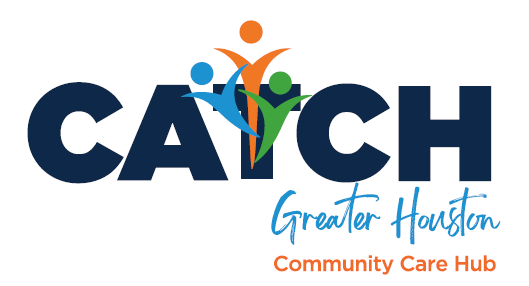Glossary
Accountable Care Organization (ACO):
A group of healthcare providers who voluntarily come together to provide coordinated high-quality care to Medicare patients, focusing on reducing unnecessary spending and improving health outcomes.
Alternative Payment Models (APMs):
Payment methods in healthcare that incentivize quality and cost-efficiency over volume, often incorporating value-based care principles.
Care Coordination:
The deliberate organization of patient care activities and sharing information among all participants to achieve safer and more effective care.
Community-Based Organization (CBO):
Local organizations that provide services addressing social determinants of health, such as housing, transportation, and food security.
Community Care Hub (CCH):
A centralized entity that coordinates and supports a network of CBOs to address health-related social needs (HRSNs) through partnerships with healthcare organizations.
Community Health Needs Assessment (CHNA):
A process nonprofit hospitals use to identify the key health needs of the communities they serve, often forming the basis for health improvement plans and funding priorities.
Health Effectiveness Data and Information Set (HEDIS):
A set of performance measures widely used in healthcare to evaluate health plan performance, emphasizing preventive care, chronic disease management, and patient satisfaction.
Health-Related Social Needs (HRSNs):
Social factors like housing, food security, and transportation impact health outcomes and require non-clinical interventions.
Hierarchical Condition Category (HCC) Coding:
A method of risk adjustment used by Medicare Advantage plans that adjusts payments based on the health complexity of enrollees, particularly those with chronic conditions.
Managed Care Organization (MCO):
Organizations that administer Medicaid or Medicare benefits by contracting with healthcare providers and focusing on cost-efficient, high-quality care.
Medicare Advantage (MA):
A type of health insurance plan that contracts with Medicare to provide Part A and Part B benefits, often with additional services like vision, hearing, and SDoH support.
Non-Medical Drivers of Health (NMDOH):
Factors like food security, housing stability, and transportation that indirectly influence an individual’s health outcomes.
Per-Member, Per-Month (PMPM):
A payment model where providers are reimbursed a set amount per enrolled member each month, regardless of services used.
Social Determinants of Health (SDoH):
The conditions in which people are born, live, work, and age influence their health outcomes, such as socioeconomic status, education, and neighborhood environment.
Social Needs Screening and Intervention (SNS-E):
A process of identifying and addressing social determinants of health to improve overall patient care and health outcomes.
Star Ratings:
Medicare’s quality rating system for health plans, assessing performance on measures like patient satisfaction, preventive care, and chronic disease management.
Transitional Care Management (TCM):
Services designed to ensure safe transitions from hospitals to home or other care settings, aimed at reducing readmissions and improving outcomes.
